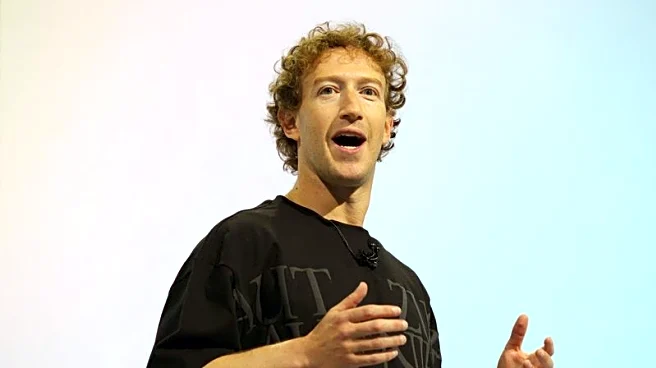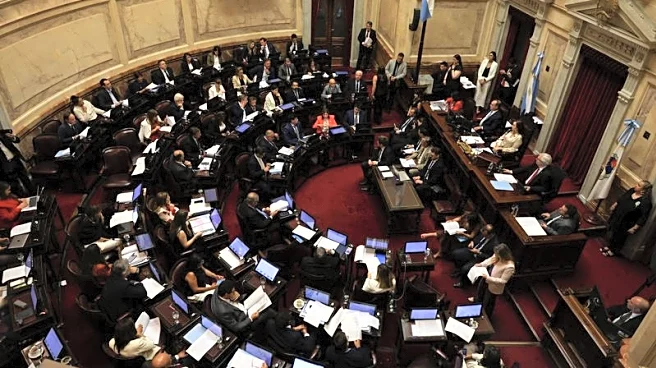By Tom Hals
WILMINGTON, Delaware (Reuters) -Mark Zuckerberg and current and former leaders of Meta Platforms agreed to pay the company $190 million to resolve shareholder allegations that they damaged Meta by
violating Facebook users' privacy, according to a settlement unveiled on Thursday.
The deal ended litigation by shareholders who accused the Facebook co-founder and other defendants of saddling the company with billions of dollars in fines and legal costs stemming from violating privacy regulations.
The agreement fleshes out a deal announced in court on July 17 that ended a scheduled eight-day trial on its second day. Shareholders were seeking $8 billion from Zuckerberg and 10 current and former directors and officers for allegedly allowing Facebook users' personal information to be accessed without their consent.
The defendants had denied all allegations.
The settlement dramatically cut short the trial before a string of high-profile witnesses took the stand, including Zuckerberg, billionaire investor and Meta board member Marc Andreessen, former Chief Operating Officer Sheryl Sandberg, and former Facebook board members Peter Thiel, the co-founder of Palantir Technologies, and Reed Hastings, the co-founder of Netflix.
Facebook in 2021 changed its name to Meta, which is also the parent company of Instagram and WhatsApp. The company was not a defendant.
“As one of the largest cash recoveries ever in a derivative action, this settlement confirms that proper oversight of a company’s compliance obligations is not optional - it’s essential,” said Geoff Johnson, an attorney with Scott + Scott, one of the firms that led the litigation.
Derivative lawsuits recover money from directors and executives, which is paid to the company and therefore benefits shareholders indirectly. Boeing directors agreed to a record settlement in an oversight case in 2021 for $237.5 million. The settlements in derivative cases are often paid from directors' and officers' liability insurance policies.
The shareholders who brought the case, including public employee pension funds, claimed directors failed to oversee Zuckerberg and Sandberg, who were allowed to run an illegal data-harvesting enterprise.
The lawsuit was filed in the wake of the scandal surrounding Cambridge Analytica, a now-defunct British political consulting firm.
The firm secretly accessed data from tens of millions of Facebook users to create targeted messages for clients that included Donald Trump during his successful U.S. presidential campaign in 2016. Officials from Trump's 2016 campaign have said Cambridge Analytica played a minor role in the election.
Those revelations led to a record $5 billion fine by the Federal Trade Commission and a series of other legal settlements. Zuckerberg was also accused of trading Meta stock to benefit from inside information.
A judge in 2023 declined to dismiss the lawsuit before trial and called the allegations "wrongdoing on a truly colossal scale," but experts said the legal standard meant it was still going to be a difficult case for investors.
The defendants said the evidence at trial would have shown that Facebook had robust operations to protect user data. They accused Cambridge Analytica of deceit.
The oversight allegations are known as Caremark claims, considered the most difficult to prove under Delaware corporate law. If plaintiffs had prevailed in the trial, the case would have been appealed to the Delaware Supreme Court.
“This was the first case to take a Caremark claim to trial, and, in the process, we sent a clear message that even the most powerful directors and officers must take their oversight obligations seriously," said Maxwell Huffman, another Scott + Scott attorney.
(Reporting by Tom Hals in Wilmington, Delaware; Editing by Matthew Lewis, Nia Williams, Rod Nickel)










